Armored Core is among the most popular mech series and certainly one of many players’ favorite FromSoftware games, alongside the Souls series. With its immense customization opportunities and immersive gameplay, the series is a must-play for mech fans and those who want to try out mech games.
Armored Core VI was announced at The Game Awards 2022, so players also might be looking into getting into the series once again or for the first time, especially with the game releasing on August 25, 2023. Here’s every mainline Armored Core game in release order.
Related: Armored Core VI Fires of Rubicon is the next title from From Software, features huge mech carnage
Armored Core (PlayStation,1997)
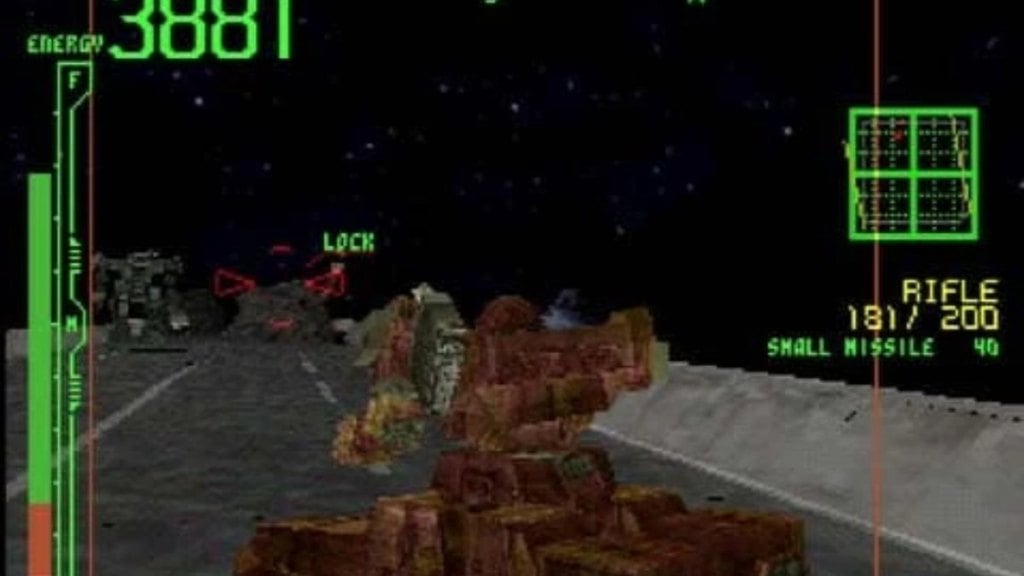
Platforms: PlayStation
The first Armored Core featured player-controlled giant mech robots called Armored Cores. After a cataclysmic war wipes out most of Earth’s population, great corporations come to power and fight each other for supremacy. The Ravens, the series’ main protagonists, are mercenaries controlling Armored Cores that exist independently and fight for the highest bidder.
The game tasks players with performing various missions for the two fighting corporations: Chrome and Murakumo Millenium. Many customization opportunities are also present as different types of weapons are available. Furthermore, the pay for the missions was increased depending on the difficulty, and those choices would progress the game’s story differently.
Armored Core: Project Phantasma (1997)
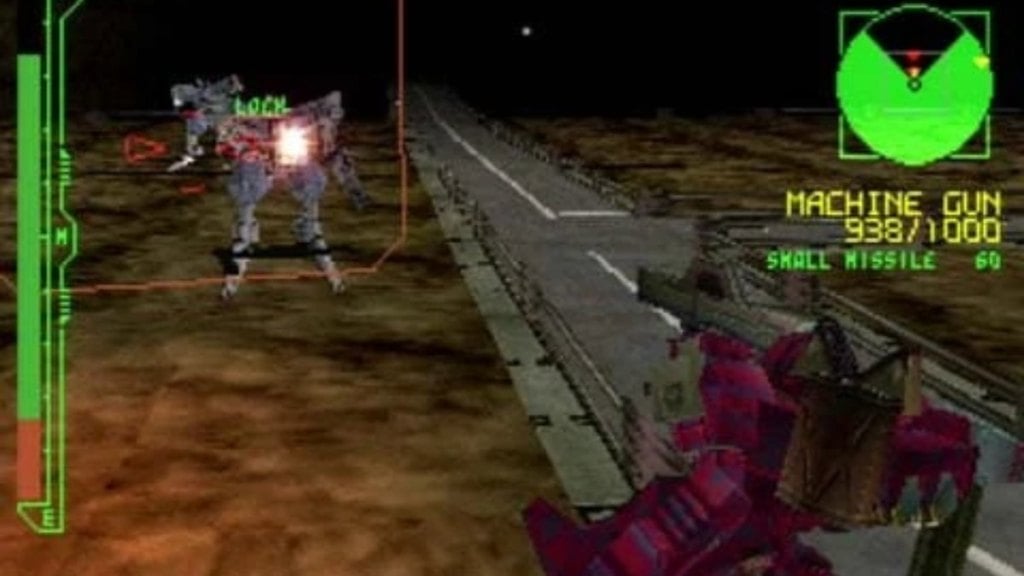
Platforms: PlayStation
Armored Core: Project Phantasma is a prequel to the first game, featuring a more singular storyline than any other game. The player is tasked with infiltrating an underground urban area for a massive reward.
Players could import their saved files from the first game. In addition, more customization and weapons were added, as well as the new Arena mode, in which players could face off 50 enemies in varying difficulty for extra credits.
Armored Core: Master of Arena (1999)
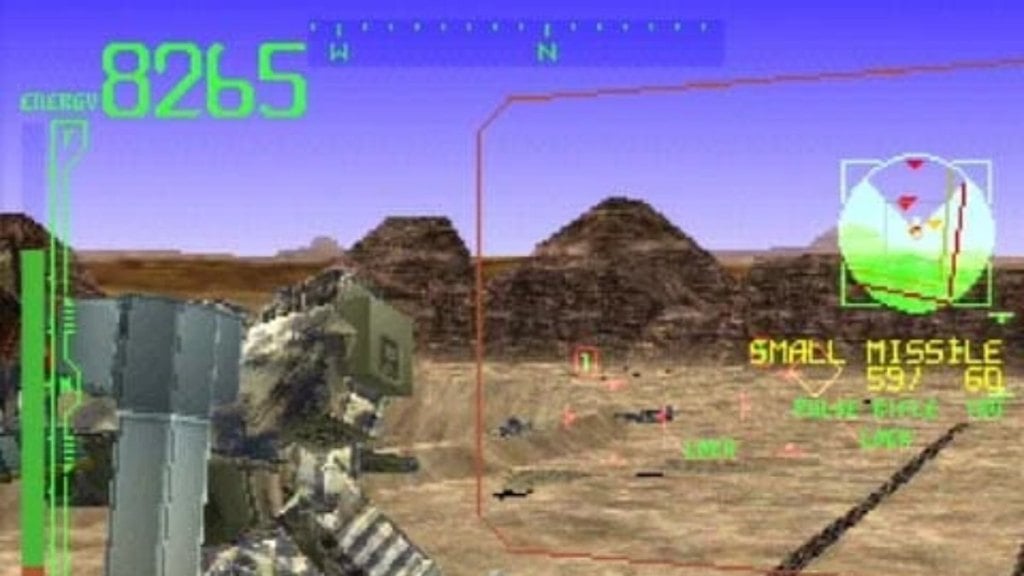
Platforms: PlayStation
Armored Core: Master of Arena also featured Chrome and Murako Millenium fighting for supremacy, where the player, later known as the Annihilator, loses his family and wants to exact revenge upon those who caused their deaths.
MoA expanded upon the Arena featured introduced in Project Phantasma. Alongside completing missions, players also needed to compete in the Arena to progress the story. Save files could also be imported from the previous game.
Armored Core 2 (2000)
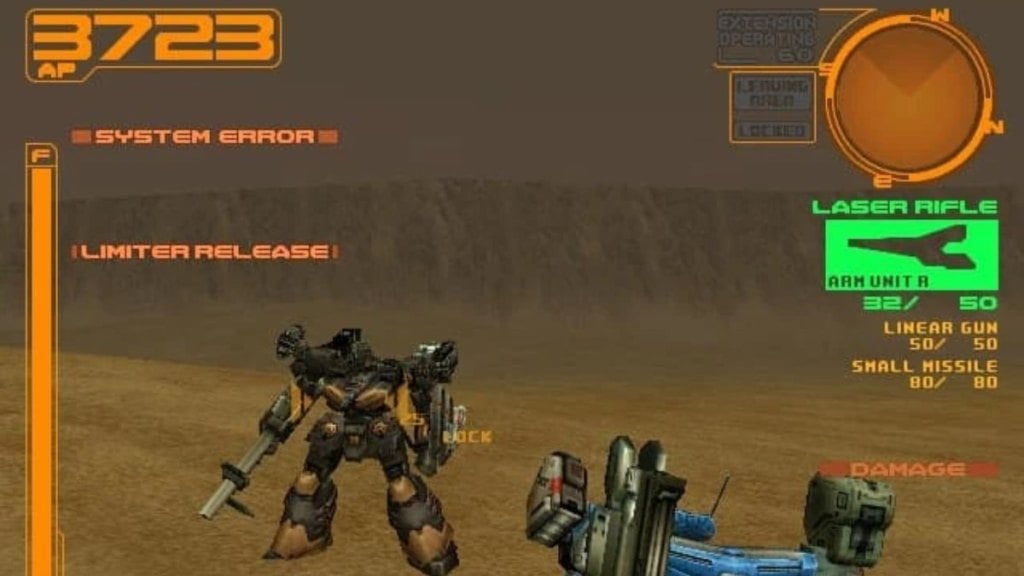
Platforms: PlayStation 2
Storywise, Armored Core 2 is set 67 years after Master of Arena and tasks the player with saving the humans on Mars at the onset of war and a government coup.
The gameplay is the same as before, with players needing to perform various missions to progress the story and compete in the Arena. Several visual and gameplay improvements were also added. Features like the Overboost and cockpit customization, and a local two-person multiplayer mode were present.
Armored Core 2: Another Age (2001)
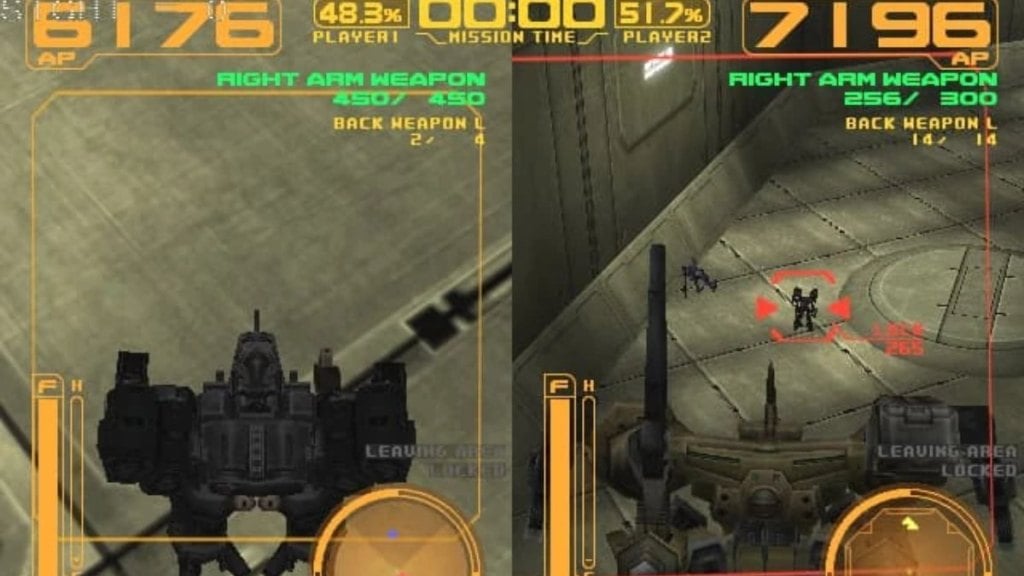
Platforms: PlayStation 2
Another Age is the stand-alone expansion of and takes place after the events of Armored Core 2.
While the game has no proper storyline, Another Age features more than 100 missions for players to take on and is still the largest Armored Core game to date. Each of the missions also takes place in different areas of the map.
Armored Core 3 (2002)
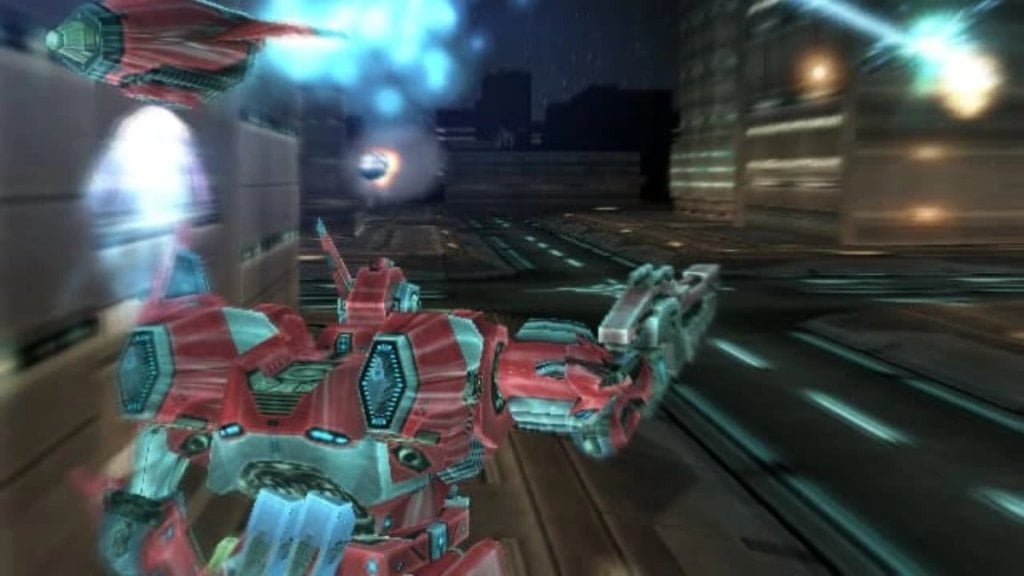
Platforms: PlayStation 2, PlayStation Portable (2009)
Armored Core 3 created a new story continuity in the series. The game takes place in Layered, an underground refuge for humans after a catastrophe that made Earth unlivable. A godlike AI oversees everyone, and the world is riddled with competition among corporations.
The game had the same features as the previous games, albeit with several improvements. Abilities like detaching weapons when on the fly were included. Players could also hire different kinds of allies in the game. Additionally, local multiplayer also supports four players.
Silent Line: Armored Core (2003)
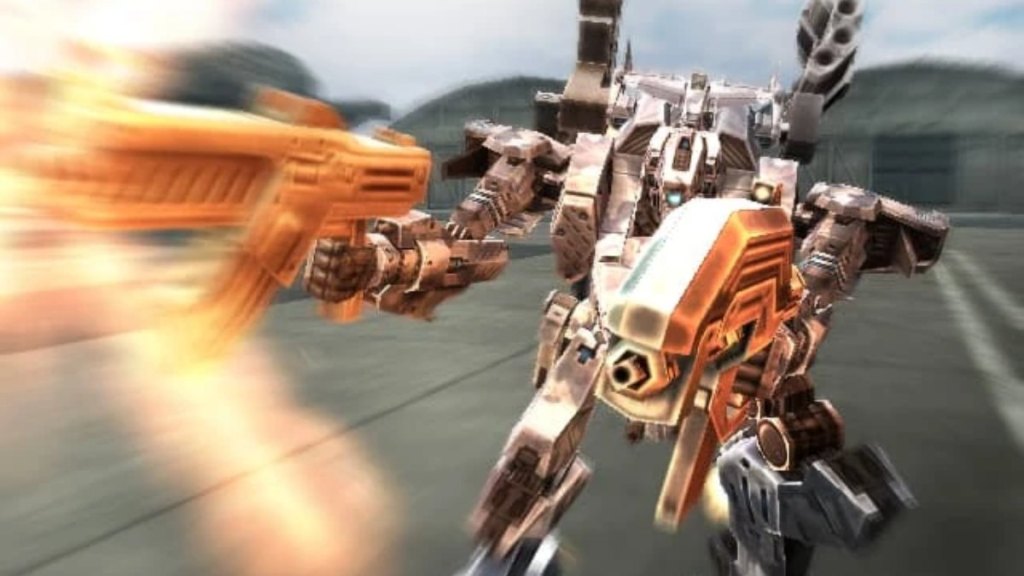
Platforms: PlayStation 2, PlayStation Portable (2010)
Silent Line: Armored Core is the direct sequel to Armored Core 3 and takes place just after that wraps up. After the events of Armored Core 3, humans have begun repopulating the Earth’s surface.
Many new features and improvements have been introduced in this game, like the ability to destroy an Armored Core’s weaponry while in battle and new enemy types. Players could also create an Armored Core controlled by an AI that would follow the player’s style and improve by ranking up. A first person-mode was also included in the game.
Armored Core: Nexus (2004)
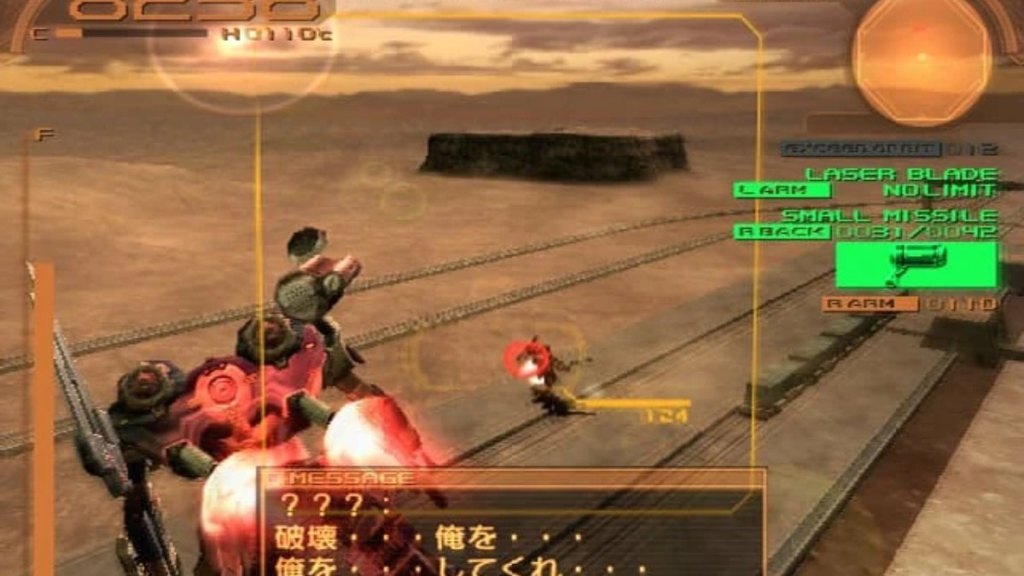
Platforms: PlayStation 2
Armored Core: Nexus takes place fifty-five years after Silent Line, with the war between corporations re-emerging.
Nexus improved several aspects of the Armored Core 3 and Silent Line by adding new weapons and features like a heat management system and Hanger Cores. The notable feature here is the addition of a four-player LAN multiplayer mode to the existing local multiplayer.
Armored Core: Nine Breaker (2004)

Platforms: PlayStation 2
Armored Core: Nine Breaker occurs when there is relative peace in the world, and the conflict between corporations has somewhat ceased.
Nine Breaker removed story missions and added training and Arena Mode modes. The training mode had specific exercises, and the Arena mode would put players into battles to earn points and take on harder opponents.
Armored Core: Formula Front (2004)
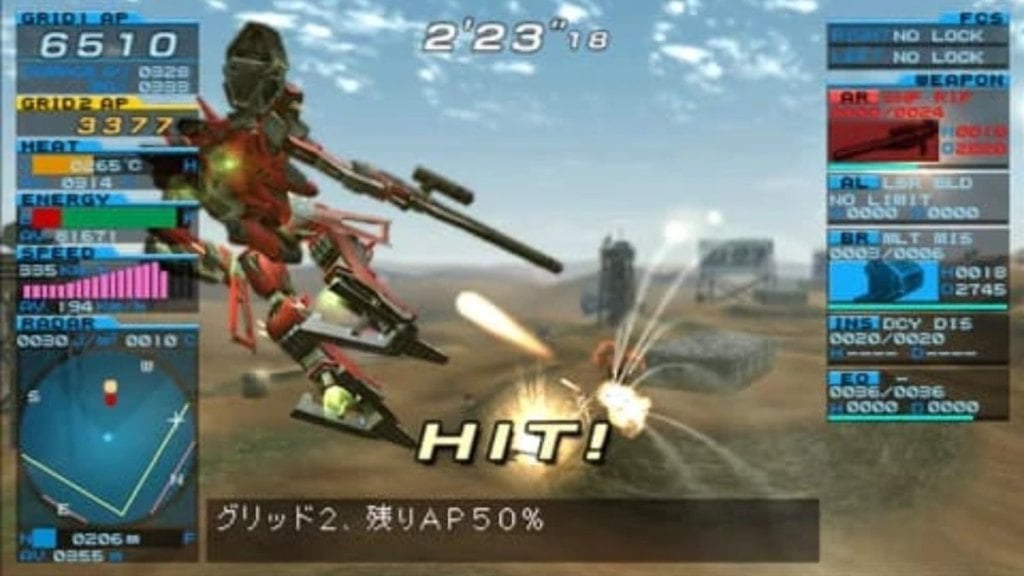
Platforms: PlayStation Portable, PlayStation 2 (2005)
Armored Core: Formula Front was a launch title for the PlayStation Portable and featured players building their Armored Cores and AI ones for fighting in a league.
The game featured several categories of parts for players to customize their mech robot. In addition, the AI Armored Cores could be further tuned to have certain character traits.
Armored Core: Last Raven (2005)
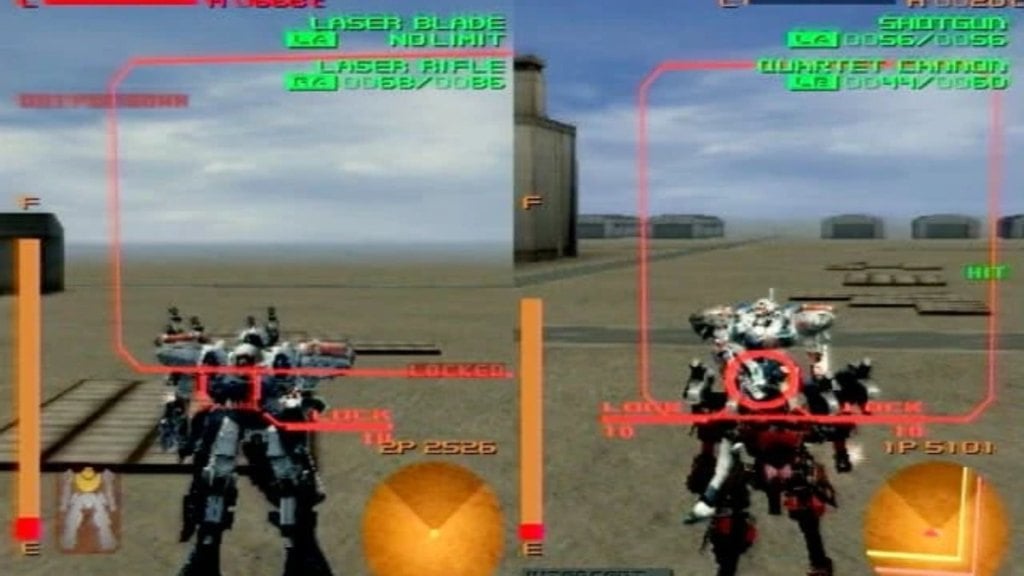
Platforms: PlayStation 2, PlayStation Portable (2010)
Last Raven takes place after the events of Armored Core: Nexus, where the big corporations form a super alliance to consolidate power. Resisting the corporation rule, the Ravens are prepared to fight against them.
Last Raven features a branching storyline, a first for the series. The player can choose either of the two factions, and their choices will affect the ending. In addition, visual improvements, as well as specific quality-of-life changes, were incorporated.
Armored Core 4 (2006)
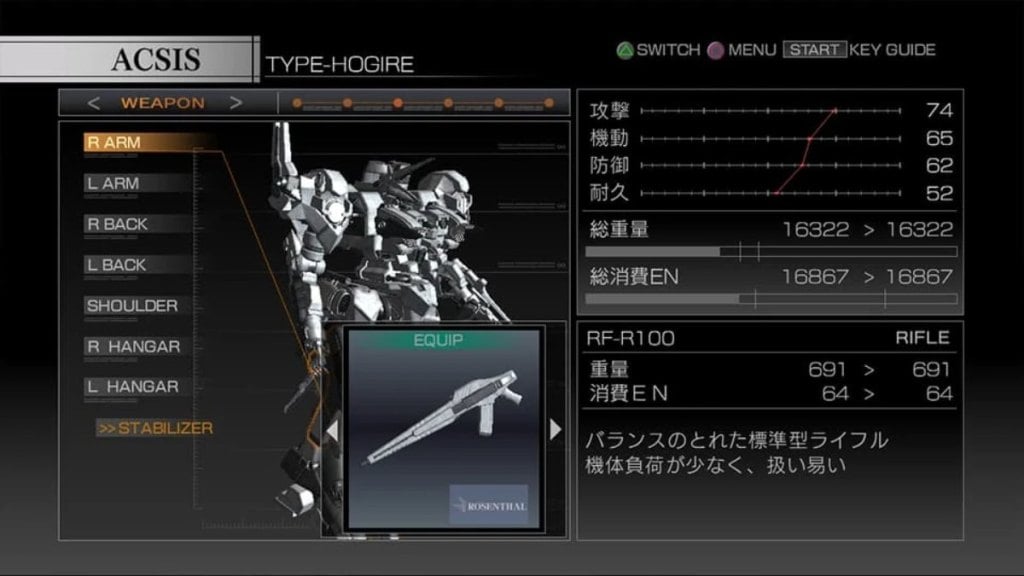
Platforms: PlayStation 3, Xbox 360
Armored Core 4 continues the familiar mechanics of the series but with significant improvements.
Immense customization and testing opportunities for the Armored Core, including the ability to paint them, were present. The lock-on feature of the weapons was also more efficient. Similarly, the controls were also made easier and more accessible. The game also was the directorial debut of Hidetaka Miyazaki.
Armored Core: For Answer (2008)

Platforms: PlayStation 3, Xbox 360
Armored Core: For Answer featured the Lynxes as the new pilots of the Armored Cores, replacing the Ravens.
The notable feature of this game is the customization change. A much more detailed interface and new parts were introduced. A co-op mode was also present alongside the multiplayer mode. Like a few games before, For Answer also featured a branching storyline and multiple endings.
Armored Core V (2012)
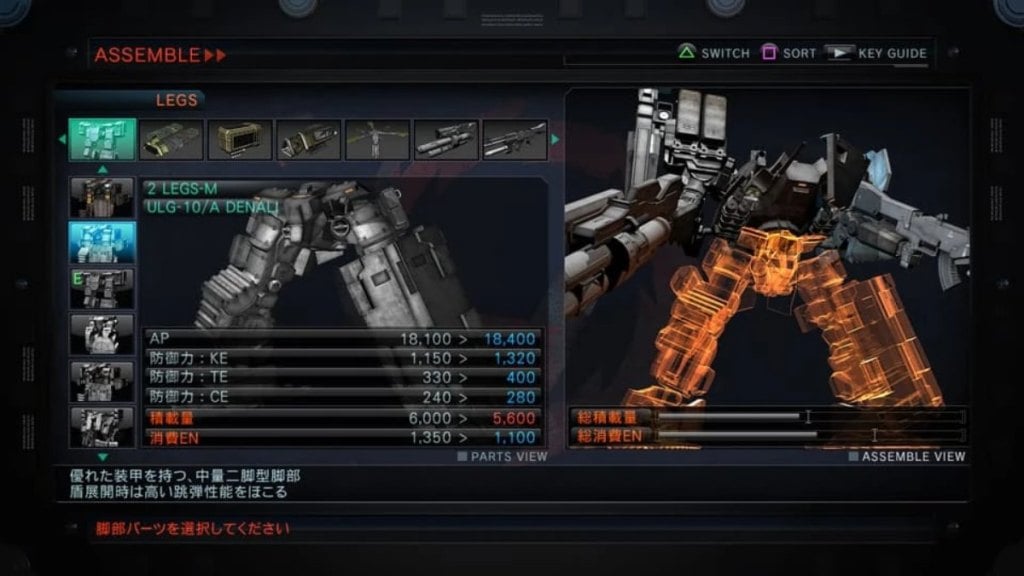
Platforms: PlayStation 3, Xbox 360
Armored Core V had much more of the tactical gameplay and linear storyline present in the earlier game of the series. In addition, the Ravens also returned as the main protagonists.
Players would have to use the environment and geography in battle and movements. Stealth was also preferable in the game as the mech’s size was reduced, making it much easier to stay hidden. The Armored Cores were also more detailed and realistic than ever before. New features like damage types and an accompanying squad were also added.
Armored Core: Verdict Day (2013)

Platforms: PlayStation 3, Xbox 360
Verdict Day is set around a hundred years after Armored Core V’s events and emphasizes the multiplayer mode.
Players would select factions and fight against each other. They could also create their own factions consisting of AI-controlled Armored Cores.
Related: Sekiro’s lead designer is directing Armored Core 6, and fans are stoked
Armored Core VI: Fires of Rubicon (2023)

Platform: PlayStation 4, PlayStation 5, Xbox One, Xbox Series X/S, PC
Armored Core VI: Fires of Rubicon is set on a planet called Rubicon 3 and has the player is part of a group of independent mercenaries controlling the Armored Cores taking on various missions from these corporations as well as resistance groups.
Core features of the series, like assembling the mech in the garage and piloting it will remain, though several new features will also be added. The PvP Arena will also be a focus, as revealed by the devs.

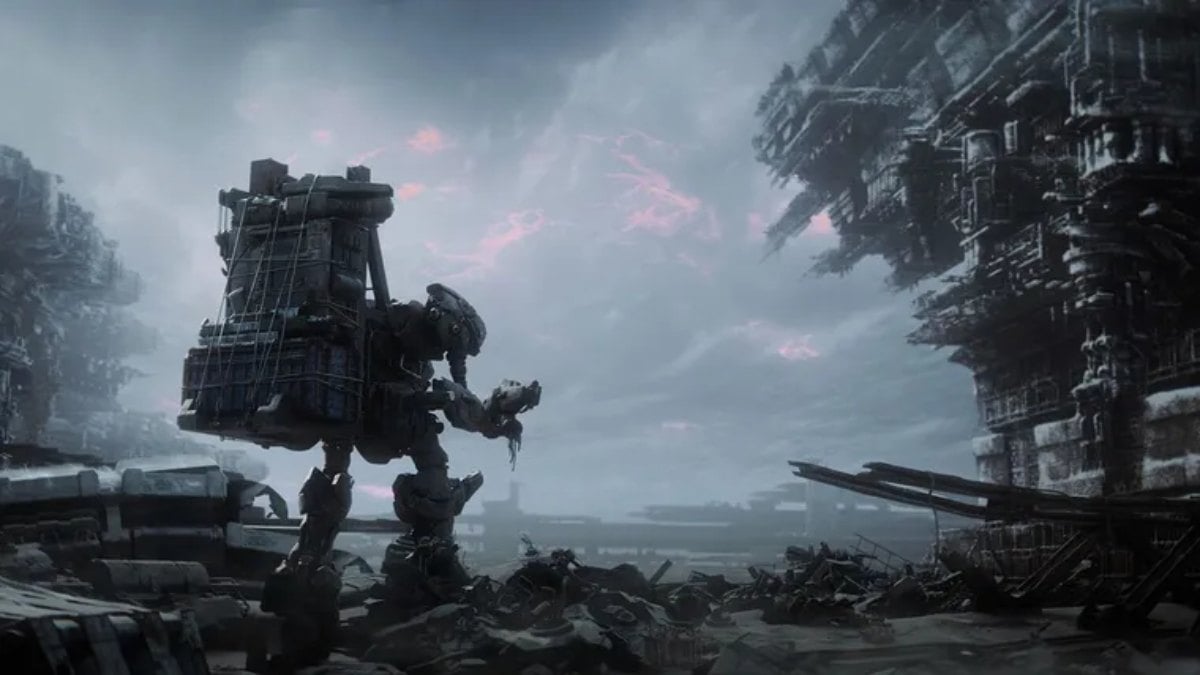
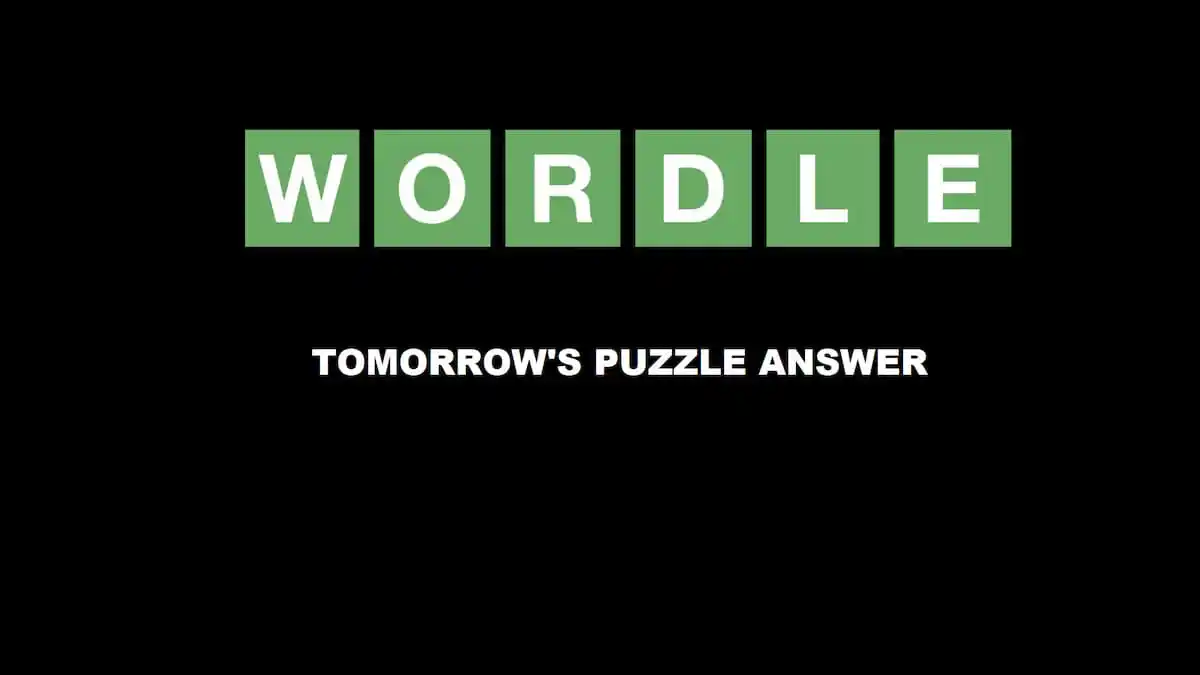
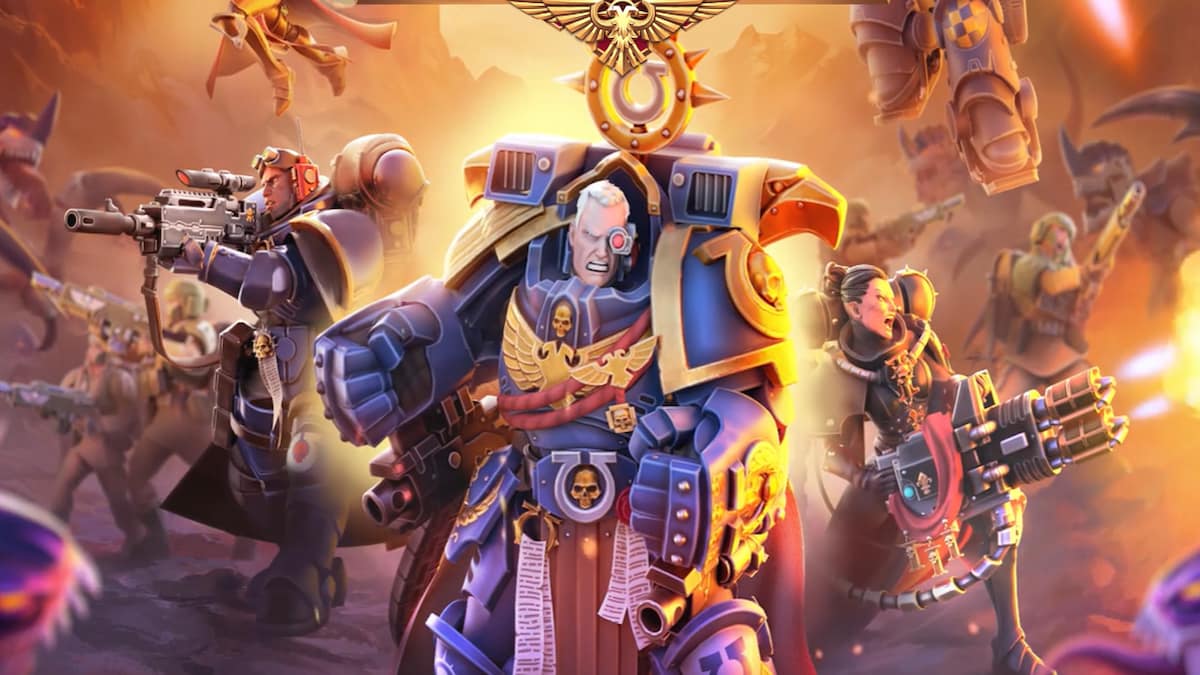
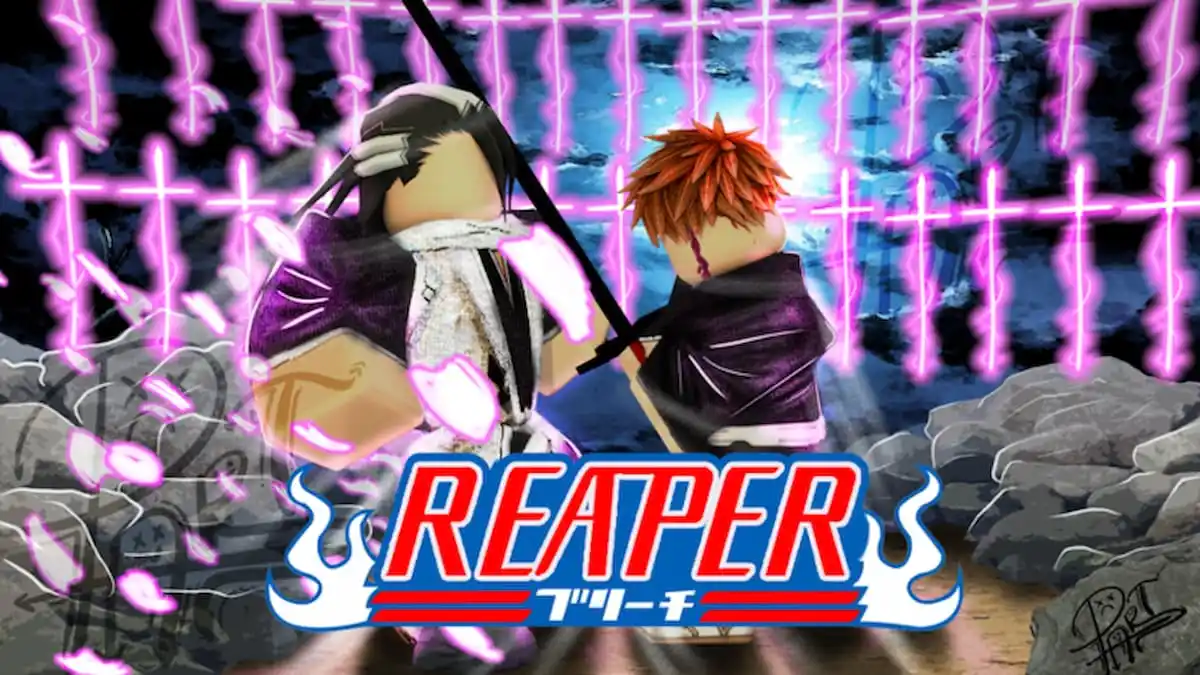
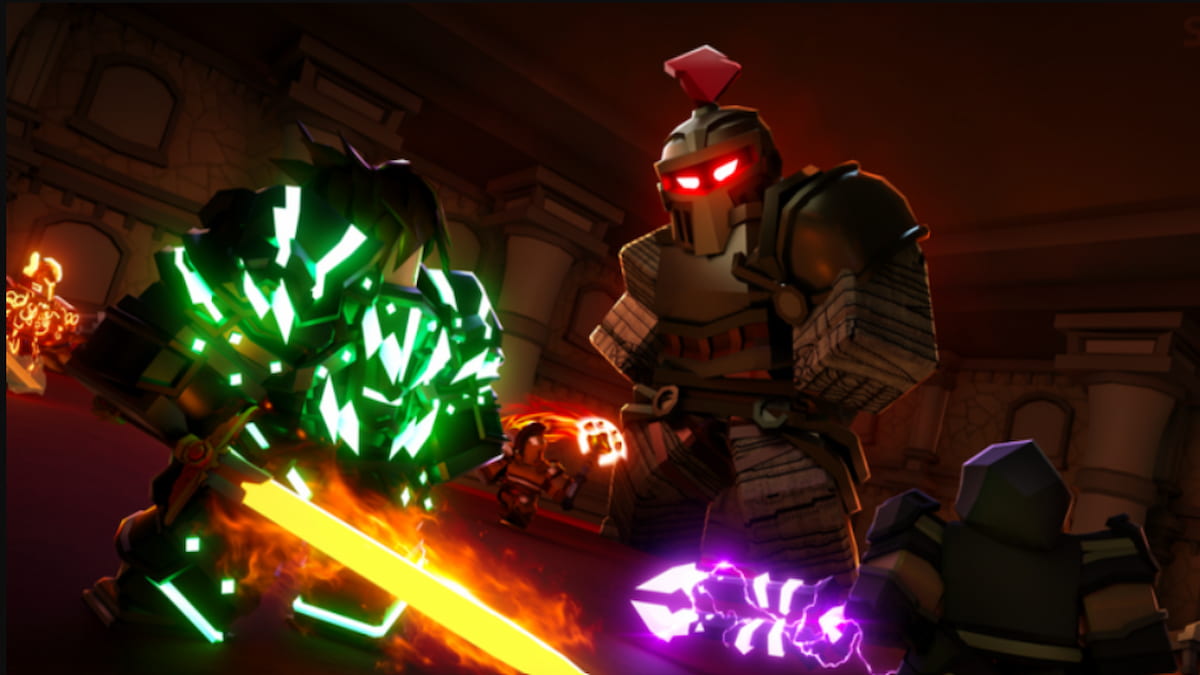
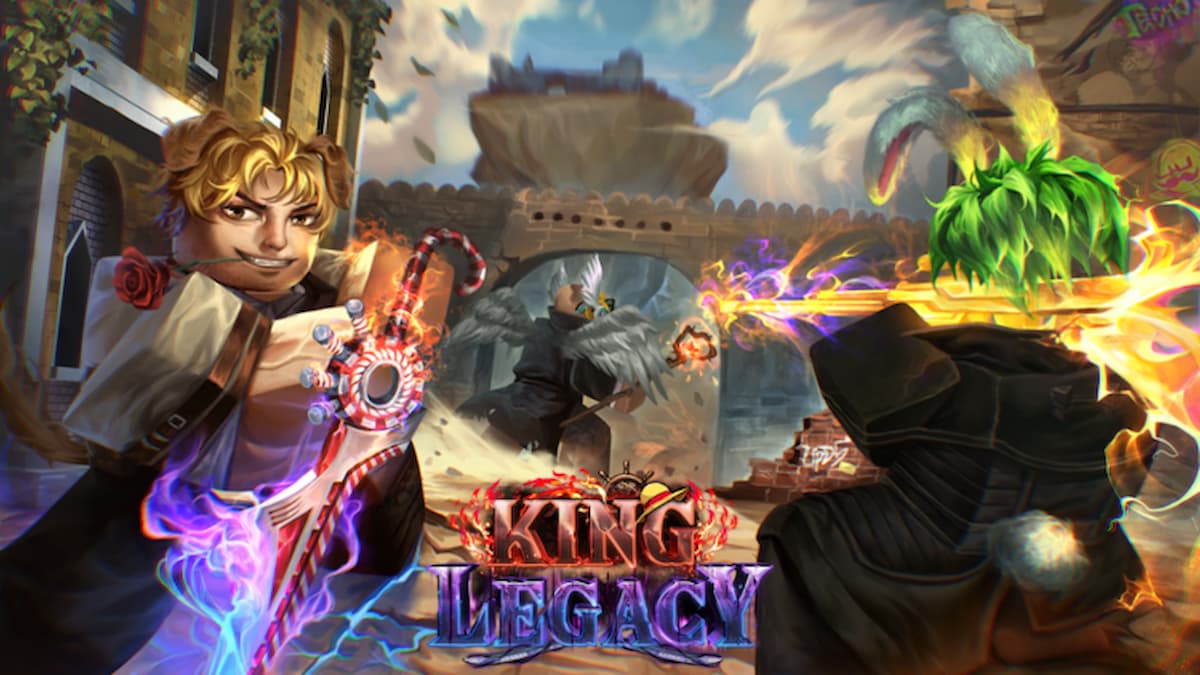
Published: Apr 27, 2023 02:13 pm